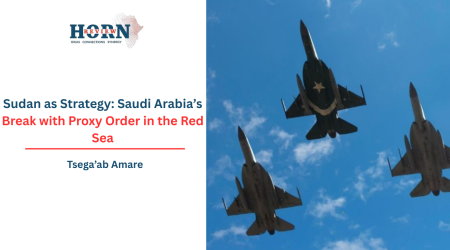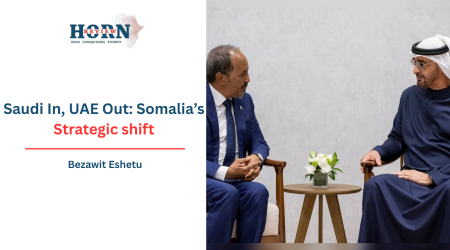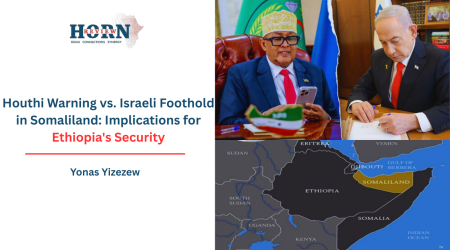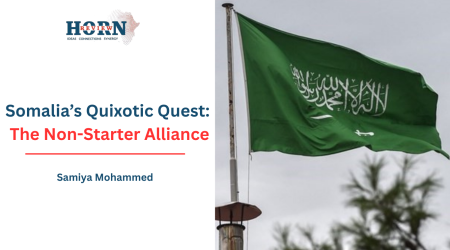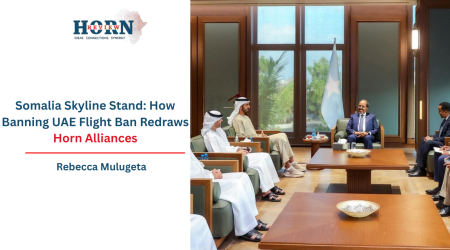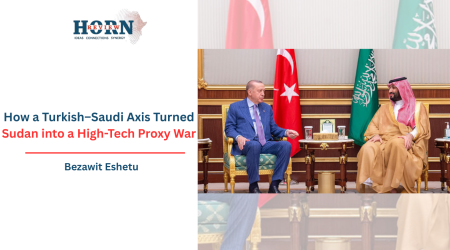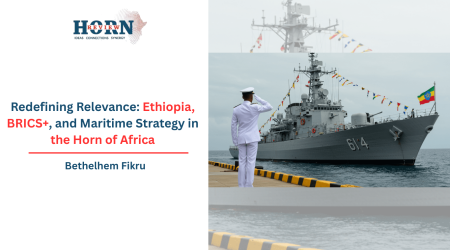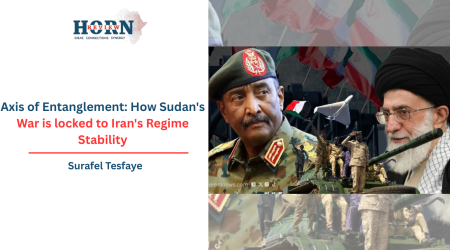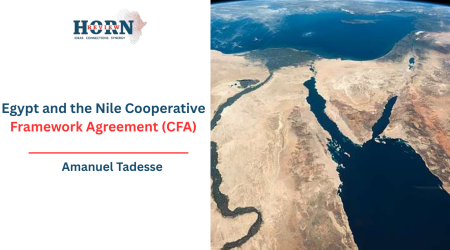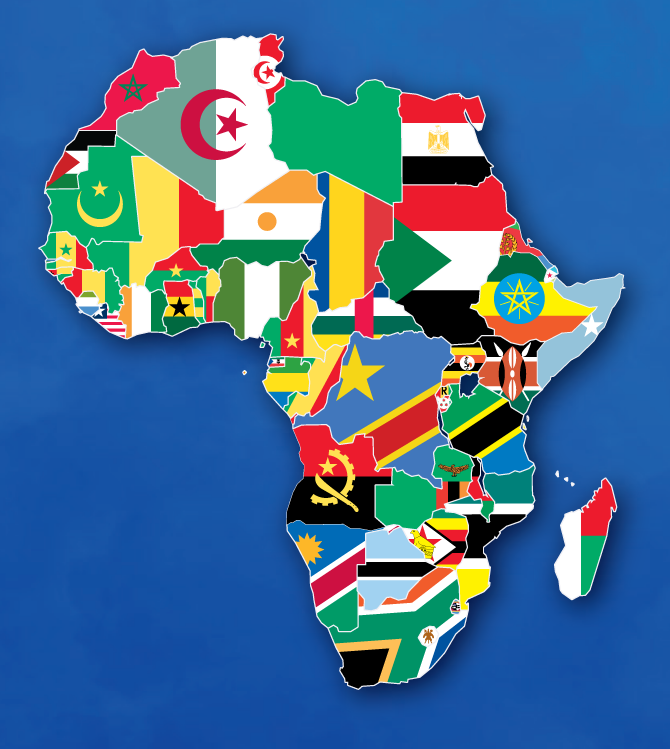
23
May
Africa’s Inevitable Rise: Crafting Continental Power in a Multipolar World
The international order that emerged from the end of the Cold War, dominated by a single superpower, has given way to a genuine multipolar era. China’s meteoric economic rise, Russia’s reassertion in traditional spheres of influence, Gulf states ascendancy and the shifting focus of the United States under Trump administration have collectively turned the unipolar moment into several centers of power. Africa sits at the nexus of these transformations. No longer a passive arena for external competition, it is a time where the continent should assert its own agency and carving out a strategic position amid competing influences, from Beijing to Moscow, from Washington to the Gulf capitals, and through increasingly robust intra-African institutions.
The retreat of the United States from multilateral commitments in Africa, accelerated under the second Trump presidency, created a perceptible void. American foreign aid packages shrank, diplomatic attention waned, and traditional security guarantees loosened. This withdrawal catalyzed strategic recalibration: African capitals diversified partnerships more aggressively, seeking economic, military, and diplomatic alternatives that promised fewer preconditions. The resulting realignment is inseparable from Europe’s own evolving Africa policy. Paris and Brussels have gradually relinquished their postcolonial prerogatives, especially in Francophone West and Central Africa. As a result, local movements for monetary and political sovereignty challenge the CFA franc zone and push for greater autonomy from European oversight.
Into this gap have stepped Russia and China with distinct but complementary agendas. The Kremlin has deployed private military contractors, most notably the Wagner Group to Mali, the Central African Republic, and navy establishment deal with Sudan, offering security assistance without the normative constraints of Western human rights demands. In return, these African states grant Russian actors mining concessions and strategic basing rights, binding their security dependence to economic extraction.
Meanwhile Beijing’s footprint, long associated with infrastructure megaprojects, has matured into a more nuanced blend of financing, industrial cooperation, and technology transfer. Roads and railways funded by Chinese banks now link coastal ports to landlocked interiors, but recent contracts increasingly stipulate local-content requirements, joint-venture provisions, and environmental safeguards. Gulf States have joined this chorus of investors. The UAE and Qatar, eyeing Africa’s logistical and renewable-energy potential, have funneled billions into ports, free-trade zones, and solar parks, forging an arc of influence from Djibouti on the Red Sea through the Gulf of Guinea.
Africa’s response to multi-polarity should not been passive. A continent-wide impulse toward economic sovereignty and regional integration has taken shape. The African Continental Free Trade Area (AfCFTA) stands as the centerpiece, aspiring to generate an intra-African market of over a billion consumers. Under its auspices, value chains in minerals, agriculture, and manufactured goods can become truly continental rather than extractive appendages of foreign markets. At the same time, national strategies emphasize industrialization, seeking to capture more value domestically from processing cobalt in the DRC to building green-hydrogen facilities in Namibia. The African Development Bank has doubled down on financing cross-border energy and transport corridors, while the planned African Monetary Fund, aims to provide a counterweight to the IMF and reduce debt dependency on state-backed creditors in Beijing and Abu Dhabi.
In addition, the emergence of visionary leaders such as Burkina Faso’s Captain Ibrahim Traoré marks a generational turning point in African governance: young, home-grown figures are increasingly willing to break with neo-colonial paradigms and assert national sovereignty. Their rise signals a growing impatience with externally imposed prescriptions and a determination to craft indigenous solutions to security, economic, and social challenges. By leveraging military, diplomatic, and popular support, leaders like Traoré are reframing statecraft around local legitimacy and regional solidarity—and in doing so, they are charting a new course for Africa’s place in a truly multipolar world.
Demographically, Africa holds its most enduring asset. With more than 60 percent of its population under the age of twenty-five and birth rates that far outpace fertility declines in Europe, East Asia, and North America, the continent’s burgeoning workforce offers both promise and peril. Turning this demographic swell into a dividend requires sustained investment in education, healthcare, and digital infrastructure. Governments from Rwanda to Ethiopia are racing to train software engineers, vocational specialists, and healthcare workers, anticipating that their homegrown human capital will be the continent’s strongest bargaining chip. Security arrangements are evolving in parallel with economic strategies. National defense industries are also on the rise: Ethiopia’s drone manufacturing industry, South Africa’s burgeoning arms exports, Egypt’s licensed assembly of fighter jets, and Algeria’s indigenous armored vehicle programs illustrate a measured retreat from external arms dependency. Yet this trend coexists with deepening collaborations with external powers.
Critical minerals for the green-energy transition have become Africa’s most immediate leverage point. The Democratic Republic of Congo’s cobalt reserves and Zimbabwe’s lithium fields draw competing bids from China, the United States, the European Union, and now Japan, each offering technology co-investment and downstream processing partnerships. Regional initiatives, such as the Zambia–DRC copper–cobalt belt consortium, seek to pool resources and negotiate collectively, preventing a race to the bottom in contract terms.
The sum of these dynamics, diversified external engagements, strengthened regional institutions, an emerging industrial base, and a youthful, increasingly skilled population signals a decisive shift in Africa’s global posture. Rather than a battleground for proxy rivalries, the continent should forge a more balanced array of partnerships that leverage its resources and demographic weight into tangible developmental outcomes. As the world gravitates toward a multipolar equilibrium, Africa’s strategic positioning between rising Asian powers, reinvigorated Middle Eastern actors, a recalibrated Europe, and an intermittently engaged America will shape not only its own destiny but the contours of the international system itself.
By Yonas Yizezew,Researcher,Horn Review

